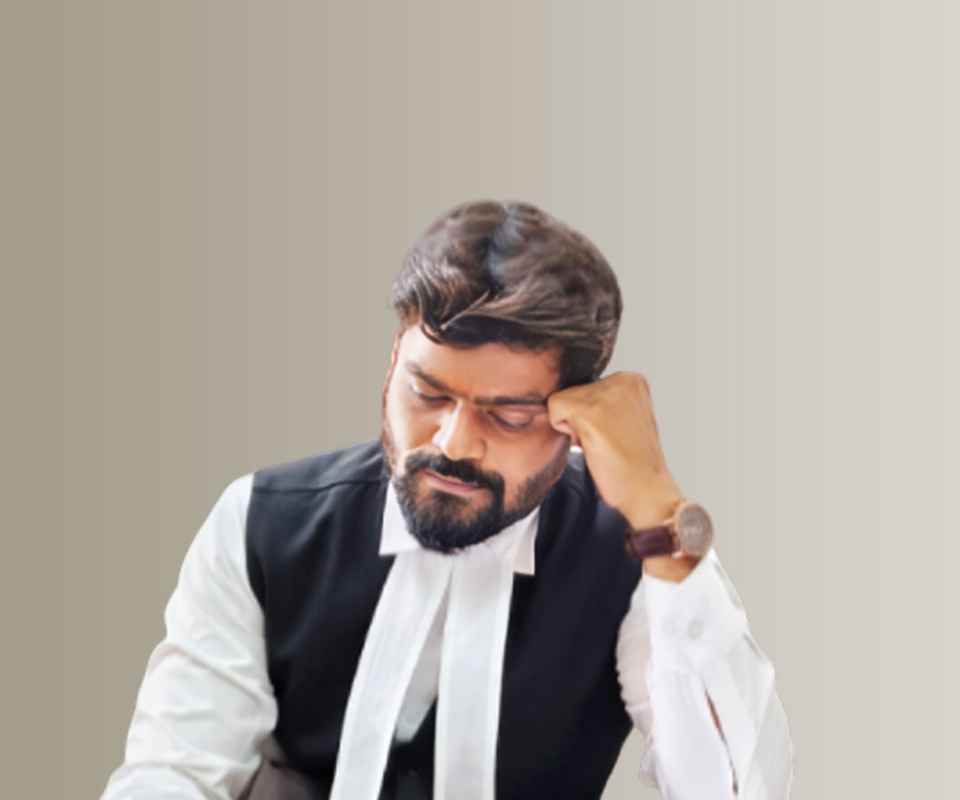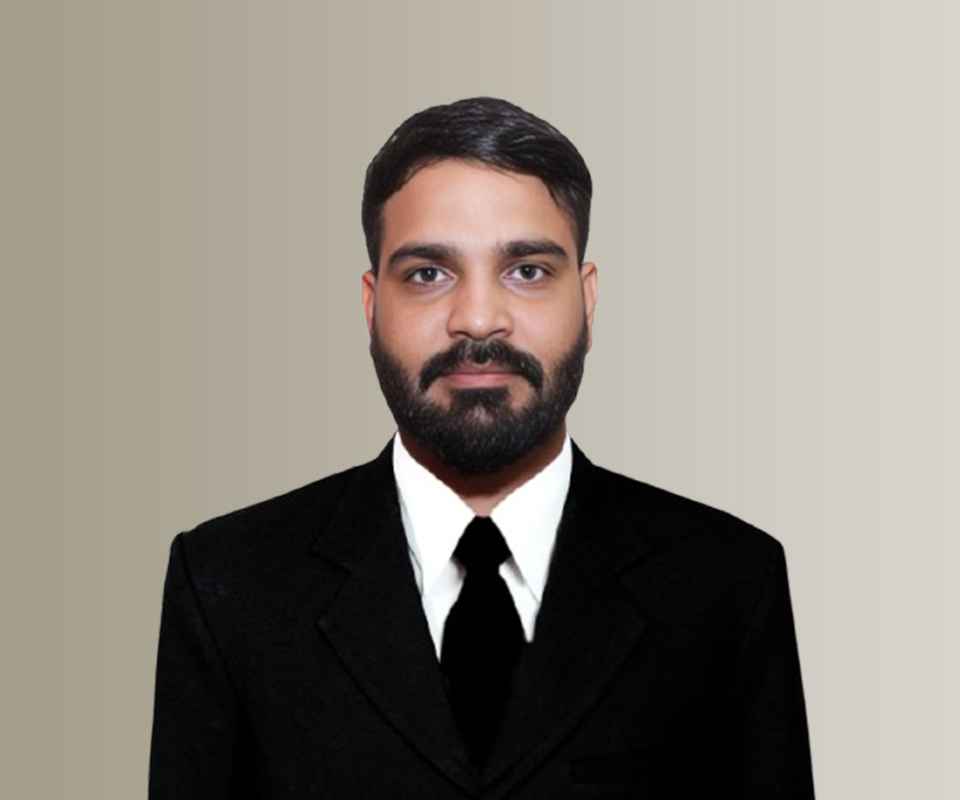Answer By law4u team
In domestic violence cases, especially in rural or close-knit communities, social and community leaders often play a vital role in mediation and conflict resolution. Indian law recognizes the importance of involving such leaders to ensure effective intervention, support survivors, and enforce legal orders under the Protection of Women from Domestic Violence Act (PWDVA), 2005.
Legal Basis for Summoning Community Leaders
Role of Protection Officers and Magistrates
Protection Officers (POs) and Magistrates have the authority to summon any person whose presence is necessary for investigation, mediation, or enforcement of protection orders, which can include community leaders.
Mediation and Counseling under PWDVA
Section 6 of the PWDVA encourages mediation and counseling as part of the relief process. Community leaders may be called to participate as mediators or witnesses to foster amicable settlement.
Local Governance and Panchayat Involvement
In many villages, the Gram Panchayat or local elders traditionally intervene in family disputes. Courts may summon these leaders to provide testimony or help ensure compliance with orders.
Witness Summons in Court Proceedings
If community leaders possess relevant information about the domestic situation, they can be summoned as witnesses in court under normal legal procedures.
Benefits of Summoning Community Leaders
- Encourages community accountability and social pressure on the abuser.
- Facilitates faster resolution through informal dispute mechanisms.
- Helps bridge gaps where formal legal access is limited.
- Enhances protection and support for survivors through local networks.
Limitations and Cautions
- Summoning community leaders should not replace formal legal proceedings.
- In some cases, local leaders may have biases; hence, courts assess their suitability carefully.
- Survivors’ consent and comfort should be prioritized before involving community figures.
Consumer/Victim Safety Tips
- Inform Protection Officers if trusted community leaders can assist.
- Avoid involving anyone who might intimidate or bias the survivor.
- Request Protection Officer or legal aid to handle summons and mediation professionally.
- Use community mediation only as a supplementary step alongside legal protection orders.
Example
A woman in a rural area faces domestic abuse but is hesitant to approach police or courts due to local social stigma. The Protection Officer summons the village head and respected elders to a mediation session.
Steps Taken:
The community leaders listen to both parties and advise the abuser to cease violence.
They agree to monitor the abuser’s behavior and report any violations to the Protection Officer.
The woman feels supported and later files a formal protection order with the assistance of the Protection Officer.
The court upholds the protection order, backed by the social commitment of community leaders to ensure compliance.







